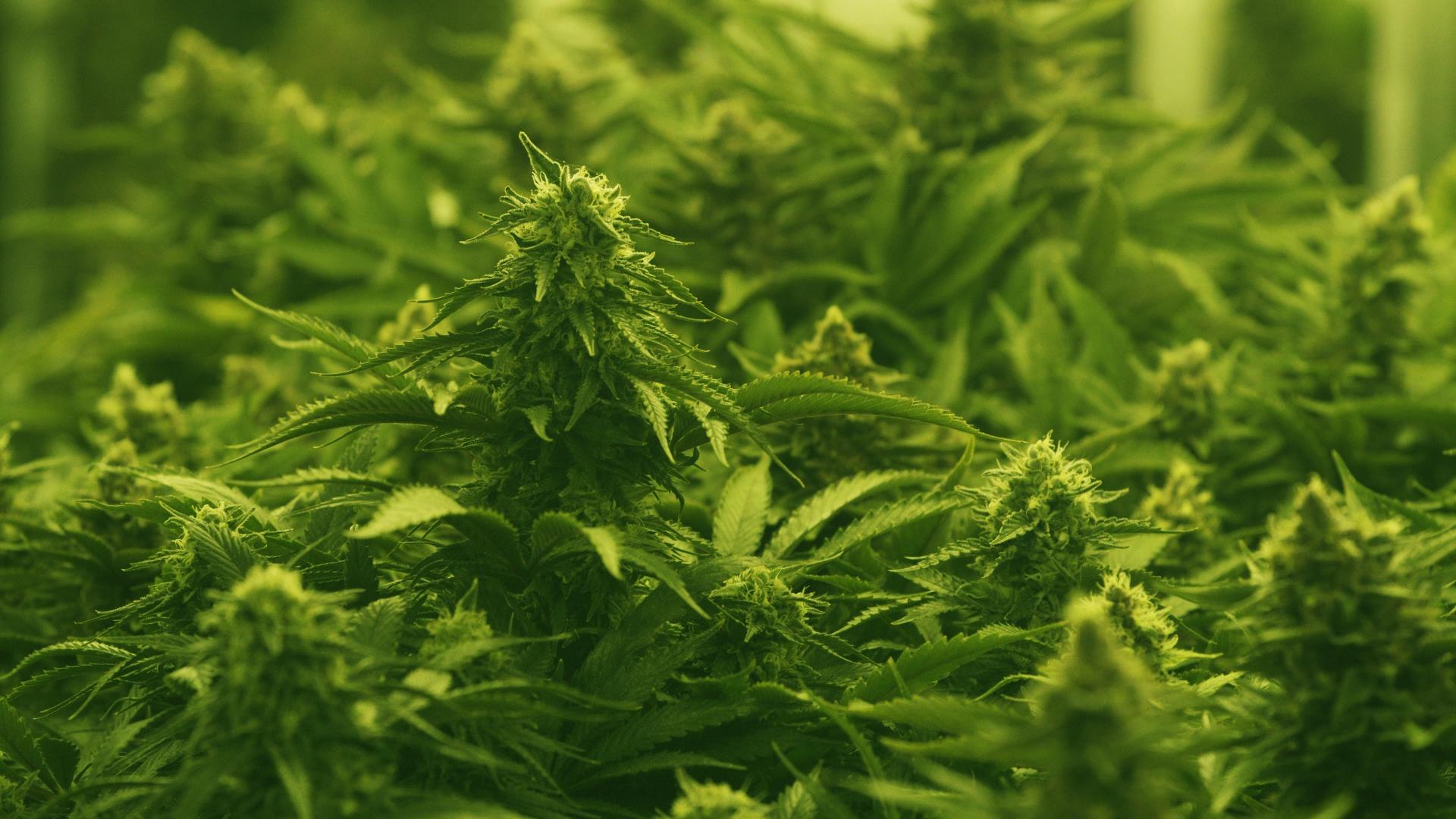
The Colorado Department of Transportation plans to use about $400,000 of its National Highway Traffic Safety Administration funding this year to educate the public about marijuana-impaired driving, with the campaign starting in March.
Government officials are worried there will be more impaired drivers on the road now that anyone over 21 can walk into a retail pot store and purchase a wide variety of goods that might not seem as dangerous to the average driver as several shots of vodka or a good portion of a 6-pack.
“There’s always been people driving under the influence of drugs, including marijuana," CDOT’s Highway Safety Manager Glenn Davis says. “But CDOT feels you’re going to have a new population. And because of the availability and lack of awareness to the public about the impairing effects of marijuana, we’ll probably have more impaired driving customers."
State data shows in recent years, there’s been an increase in the percentage of fatal crashes that involve drivers with cannabis in their systems.
A study published in the British Medical Journal last year found similar results. The study concluded: “Drivers who consume cannabis within three hours of driving are nearly twice as likely to cause a vehicle collision as those who are not under the influence of drugs or alcohol."
Davis says CDOT wants to boost the number of police officers who are Drug Recognition Experts, especially in rural parts of the state. There are a limited number of such officers because the certification requires intensive training, so the state also wants to increase the number of officers who get online training through the Advanced Roadside Impaired Driving Enforcement program.
“We feel that highly trained law enforcement is going to be one of the keys to addressing this challenge," Davis says.
Impairment Testing
Law enforcement officers in Colorado can use portable breath test devices to detect if a driver has been drinking alcoholic beverages. Davis says they aren’t using similar roadside tests to detect the presence of marijuana. There are some types of devices available now, but Davis states that a roadside testing device can only be used for alcohol according to the current Colorado statute.
For those who submit to a blood test, drivers with 5 nanograms of active THC in their blood can be prosecuted for driving under the influence under state law.
Colorado drivers, however, can refuse to take a chemical test. A state law that went into effect Jan. 1, 2013 labels such individuals as “persistent drunk drivers” and automatically suspends their driver's license. To get their licenses back, they need to install an interlock device. Interlock devices test for alcohol on a driver’s breath – not drugs.
“The way it’s currently formulated, it was really meant to address alcohol impairment and repeat alcohol offenders," Chris Halsor, Traffic Safety Resource Prosecutor with the Colorado District Attorney’s Council, says. “The law itself doesn’t really consider the impact of drug impaired drivers or address it from that standpoint.”
Public Perception
What does “high” look like? How high is too high to get behind the wheel?
Halsor says answering that question can be a challenge for many people – and a challenge for prosecutors trying to convince a jury someone with THC in their system was too impaired to drive.
“I get the impression that people think that a driver who is high must look like a driver who is drunk," Halsor says. “And when they don’t look that way, juries tend to conclude that maybe the person’s not impaired."
Halsor believes there’s a perception that marijuana-impaired driving is OK because people don’t generally recognize the public safety dangers of drugged driving, whether it be marijuana or other substances.
The state is about to spend thousands of dollars trying to make people realize it's not OK.









